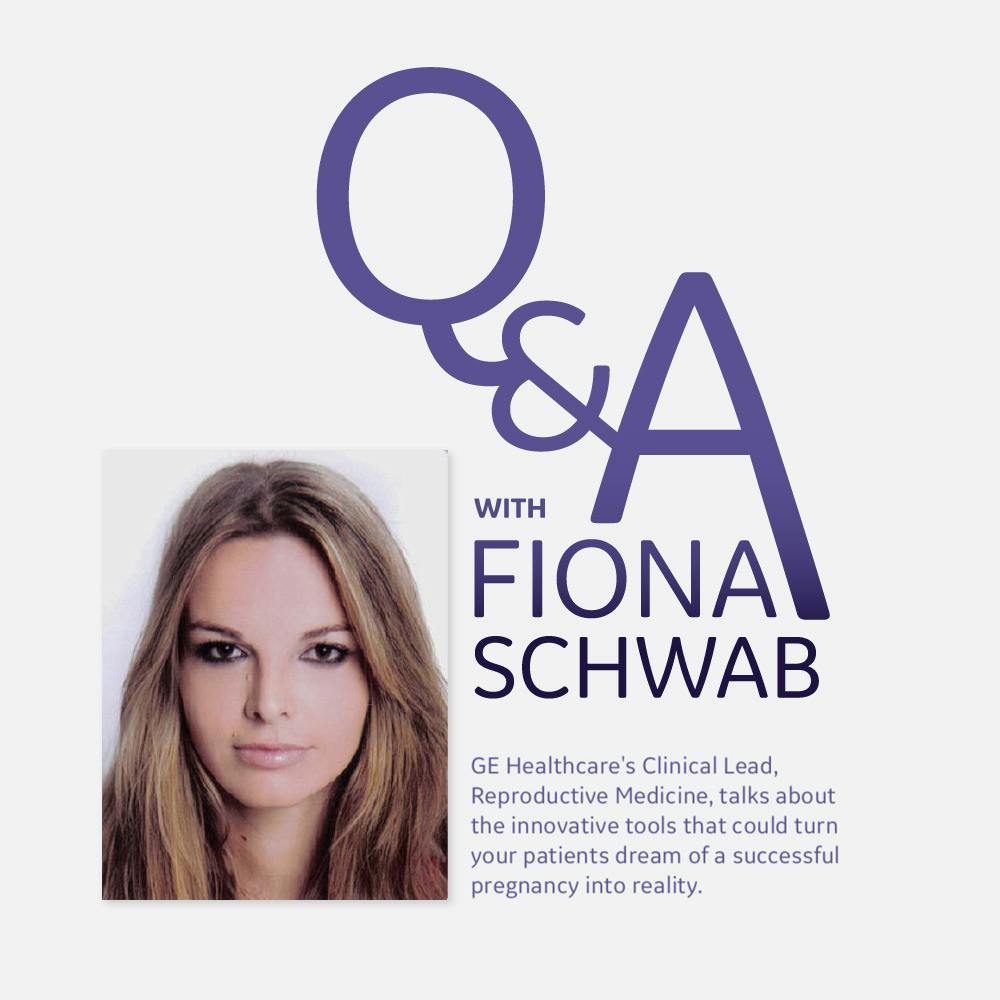The Office on Women's Health estimates that about 10 percent of women in the U.S. have trouble with infertility, either getting or staying pregnant. Many physical factors contribute to infertility symptoms, including ovulatory disorders that can be detected with certain exams, but lifestyle choices can play a large role as well. In fact, diet is one modifiable factor people can change to increase their chances of getting pregnant.
Healthcare professionals should encourage patients trying to get pregnant to skip the fad diets and try a fertility diet, instead. Although marketed fertility diets are out there, most patients can increase their chances of conceiving by simply eating healthier foods.
What's a Fertility Diet?
Be cautious when recommending an established diet trend to patients. Instead, suggest an eating plan that's easy to follow. Patients may ask about fads like the Paleo or Keto diets or even Weight Watchers, but while patients might find positive outcomes with these plans, they also might struggle with sticking to the diet in the long term. Highly restrictive diets increase the risk of yo-yo dieting, which is known to have serious negative health effects that may affect a person's ability to get pregnant, such as an increased risk of diabetes, more fat storage and negative effects on the heart, according to one study in Obesity Reviews.
Diets that provide more overall guidance for healthy eating have shown better results in helping people get pregnant. Two diets to consider are the Fertility Diet, which was developed by Drs. Jorge Chavarro and Walter Willett of the Harvard School of Public Health, and the Mediterranean Diet. Neither of these are overly restrictive, and they both are easy to follow, as they largely promote consumption of fruits and vegetables.
The Mediterranean Diet has consistently ranked as one of the top diets for weight loss and is specifically recommended as an eating plan to follow in the 2015 Dietary Guidelines for Americans. A study in Human Reproduction found that the Mediterranean Diet improved a woman's chances of getting pregnant and having a live birth, especially for women under the age of 35.
Dos and Don'ts for Fertility Nutrition
Many studies and diets recommend specific foods for women who are already struggling with infertility or who have health problems that make it harder to get pregnant. Research in Human Reproduction and the American Journal of Obstetrics and Gynecology provides evidence that eating habits can affect fertility in women with or without ovulatory problems. In line with these studies, the Fertility Diet was developed based on data from the Nurses' Health Study and is particularly targeted toward women with health problems that affect fertility like polycystic ovary syndrome, ovulation disorders, fibroids and other issues. Chavarro and Willett found that bad fats, refined carbs and red meat may reduce egg production, and they developed their overall diet plan based on these findings.
What to Eat to Follow the Fertility Diet
- Fruits and vegetables, particularly leafy green vegetables
- Unsaturated fats, like in olive or canola oil, nuts and avocados
- Whole grains
- Full-fat dairy, which is not intended for weight loss
- Multivitamins with folic acid and iron if the patient isn't getting enough through diet
- Water, coffee and tea (unsweetened or lightly sweetened)
- Lean meat, seafood and poultry
What Foods to Stay Away From
- Fast food
- Trans fats commonly found in fried food, fast food and baked goods
- Refined carbs like those in cookies, cakes and crackers
- Sodas
- Large amounts of red meat
The added benefit to beginning a fertility diet or eating plan is that patients are likely to build eating habits early on that will keep them healthier throughout and after the pregnancy, improving fertility in both male and female patients.





